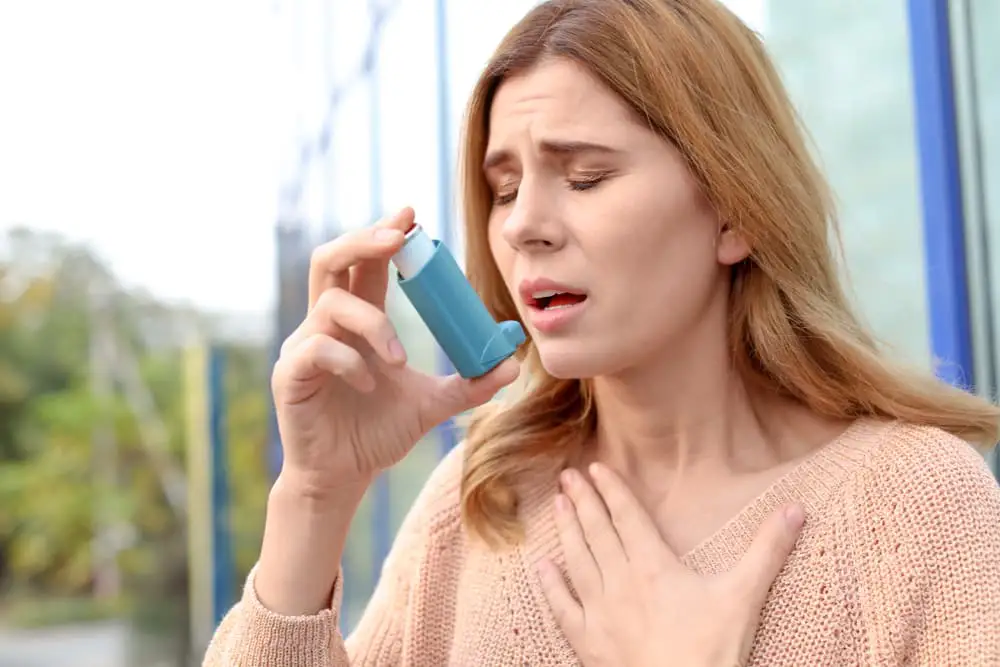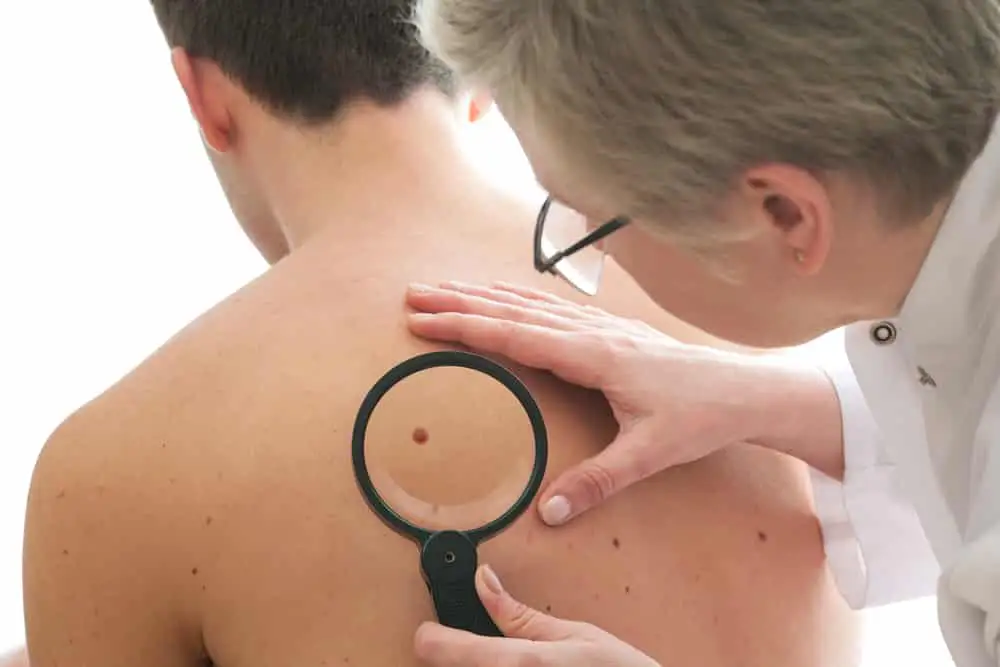Nosebleeds are extremely common. It’s estimated that around 60% of people will have at least one nosebleed in their lifetime1, which can be triggered by dry air, picking your nose, and the common cold, among other things. They are usually nothing to worry about.
But nosebleeds can be serious in some instances, so it’s important to know when to seek medical attention. These are the biggest reasons to worry about a nosebleed (for both adults and children) so that you can get the help you need.
Your Breathing Is Affected
If the amount of blood in your nasal cavity and throat is making it difficult for you to breathe, seek medical attention immediately. This is a serious issue that needs to be resolved quickly.
You Are Bleeding Heavily
If you are bleeding excessively and seem to be losing a lot of blood, this is also a medical emergency that needs to be treated rapidly.
The Bleeding Hasn’t Stopped For 20 Minutes
The best way to stop a nosebleed is by sitting upright, and pinching your nose with a tissue for five minutes at a time. You can also try using a cold compression on the bridge of your nose, and lightly blowing to remove any blood clots.
If this isn’t working, and your nose has been bleeding for longer than 20 minutes, it’s best to speak to a medical professional.
You Are Injured
If your nosebleed is a result of an injury such as a blow to the head, car accident, or having something stuck in your nose (common with children), it may be an indication of a broken nose, skull fracture, or internal bleeding, so go to the hospital immediately. This also applies if the nosebleed is delayed by hours or days.
You Feel Dizzy, Tired, Or Weak
If your nosebleed is accompanied by dizziness, tiredness, weakness, or another form of feeling unwell, this might indicate a more serious issue, so you should speak to a medical professional immediately.
You Are Also Bleeding From Other Areas
If you are bleeding from your gums, ears, rectum, or another area of your body, this may indicate internal bleeding or blood clotting. Again, go to the hospital right away.
You Are Swallowing A Lot Of Blood
Swallowing blood can irritate your stomach and cause you to vomit, which might make the nosebleed even worse. This is why you should never tilt your head back to stop a nosebleed, despite it being common advice.
If your nosebleed is heavy and you suspect that you are swallowing a lot of blood, it’s recommended to speak to a medical professional.
You Are Taking Blood Thinning Medication
If you are taking blood thinning medications such as aspirin, clopidogrel, or warfarin, this may make your nosebleeds much heavier and longer, which can make them more dangerous. As mentioned above, if your nose has been bleeding for longer than 20 minutes, or seems to be dangerously heavy, seek medical attention right away.
What Can Nosebleeds Be A Sign Of?
Nosebleeds are generally caused by dry air or picking your nose, but here are some other causes to be aware of:
- Bleeding disorders
- Nasal and sinus infection
- Allergies
- Foreign body in the nose
- Trauma to the nose
- Common cold
- Aspirin use
- Blood thinners
- Chemical irritants like ammonia
- Chronic sinusitis
- Nasal sprays
- Cocaine use
- Deviated septum
- Nonallergic rhinitis
- Fragile blood vessels that bleed easily
- A bleeding or clotting issue
References
- Nosebleeds (Epistaxis): Types, Causes, Treatment & Prevention, Cleveland Clinic
Do I Have Asthma? Facts, Symptoms & Types Of Asthma
Did you know that one in nine Australians has asthma? This means there’s a strong chance that your life, or the life of somebody you care about, is impacted by asthma. This article explores asthma information, including types of asthma, symptoms of asthma, how to manage asthma in an emergency, and the importance of developing…
Frequently Asked Questions About Skin Cancer
Skin cancer is the most common type of cancer in Australia. In fact, two in three Australians will be diagnosed with skin cancer by the time they reach 70 years old. Here are some questions we are frequently asked about skin cancer symptoms, how to identify skin cancer, skin cancer prevention, and how skin cancers…
What Is Ear Vacuuming And How Can It Help?
If you’ve been living with constant ear pain or you regularly experience things like hearing loss, tinnitus, dizziness, or itchiness in your ears, then you may have a build-up of wax. Treatments in the past have involved ear syringes and a variety of liquids designed to soften the wax, however, this procedure was often messy…




